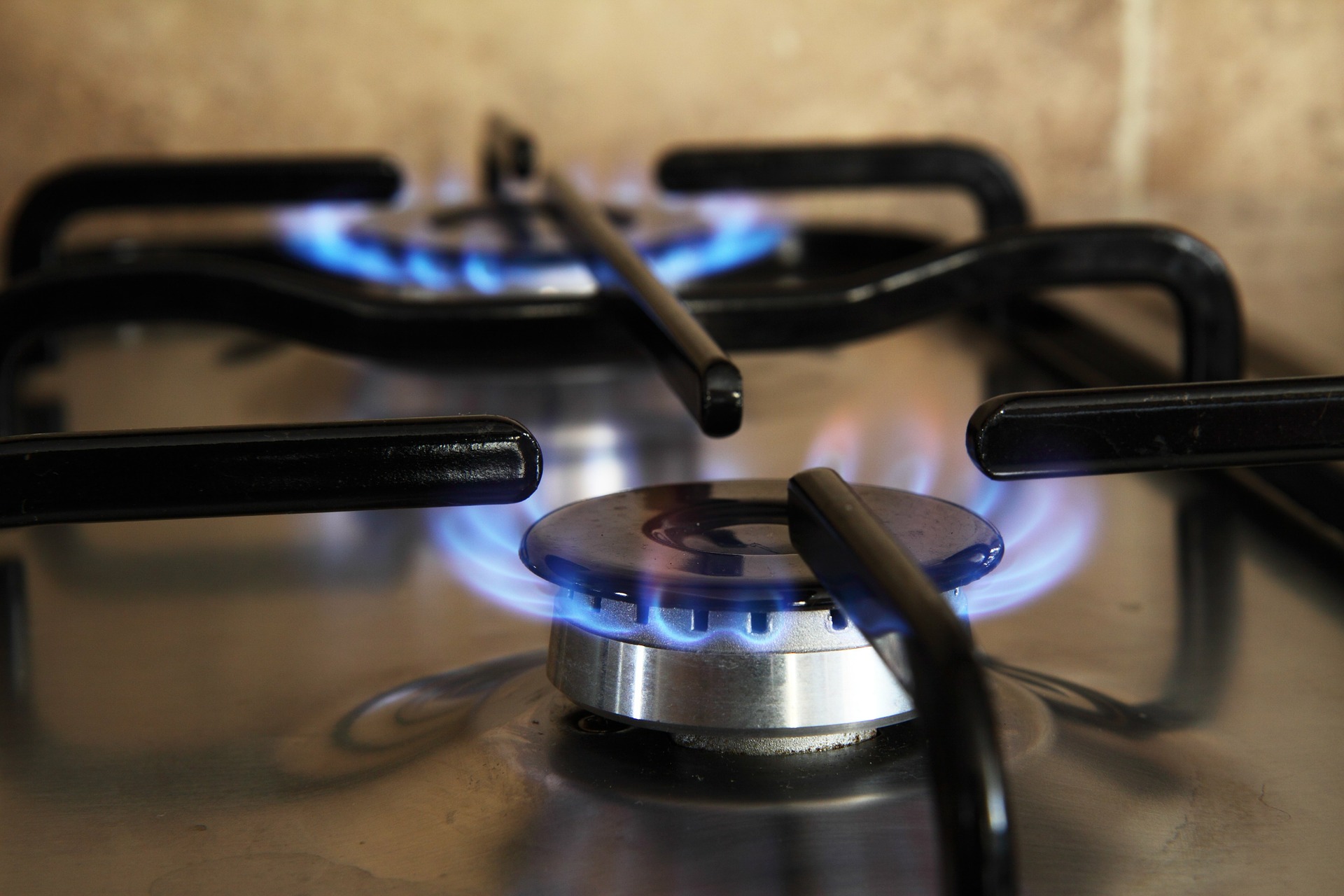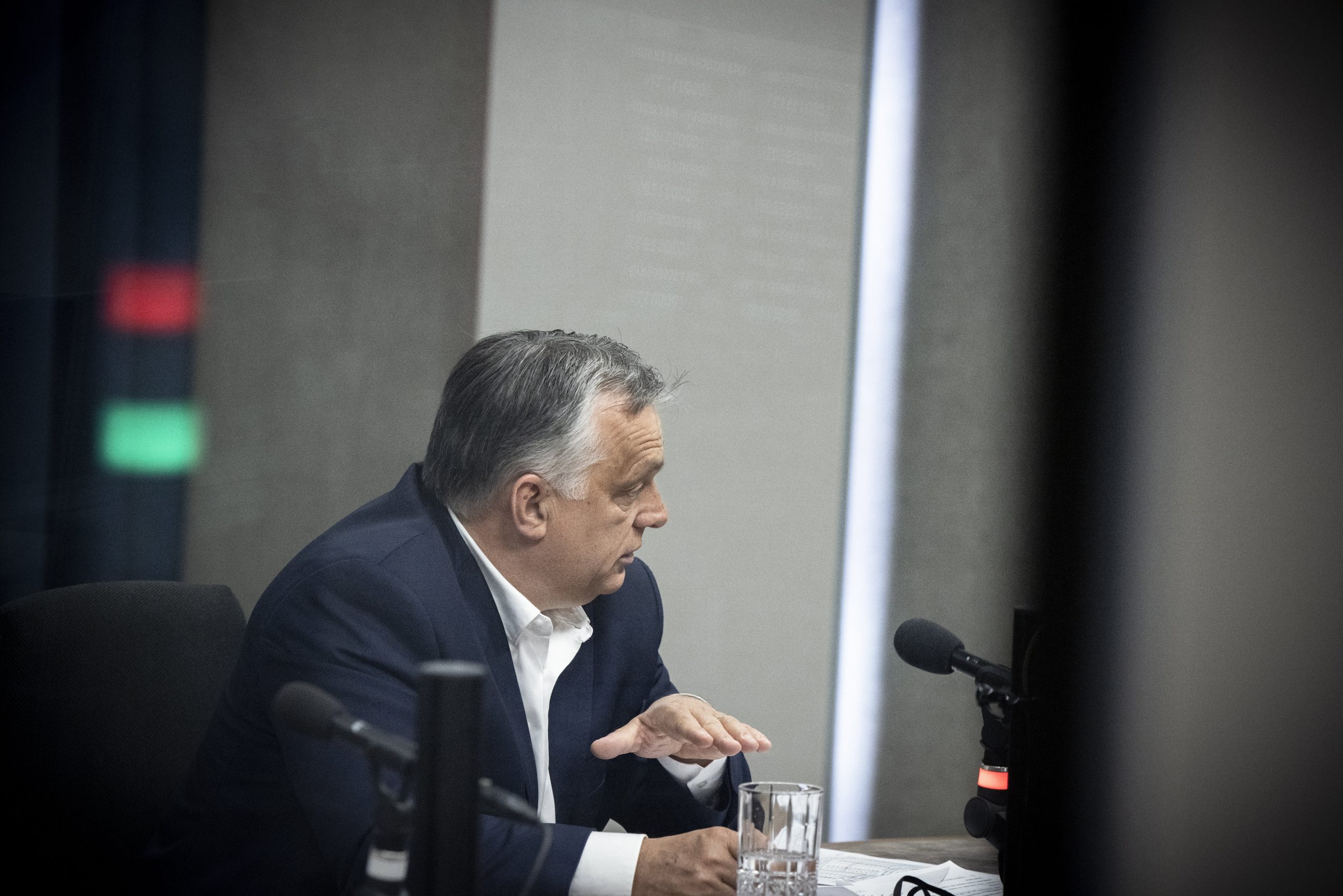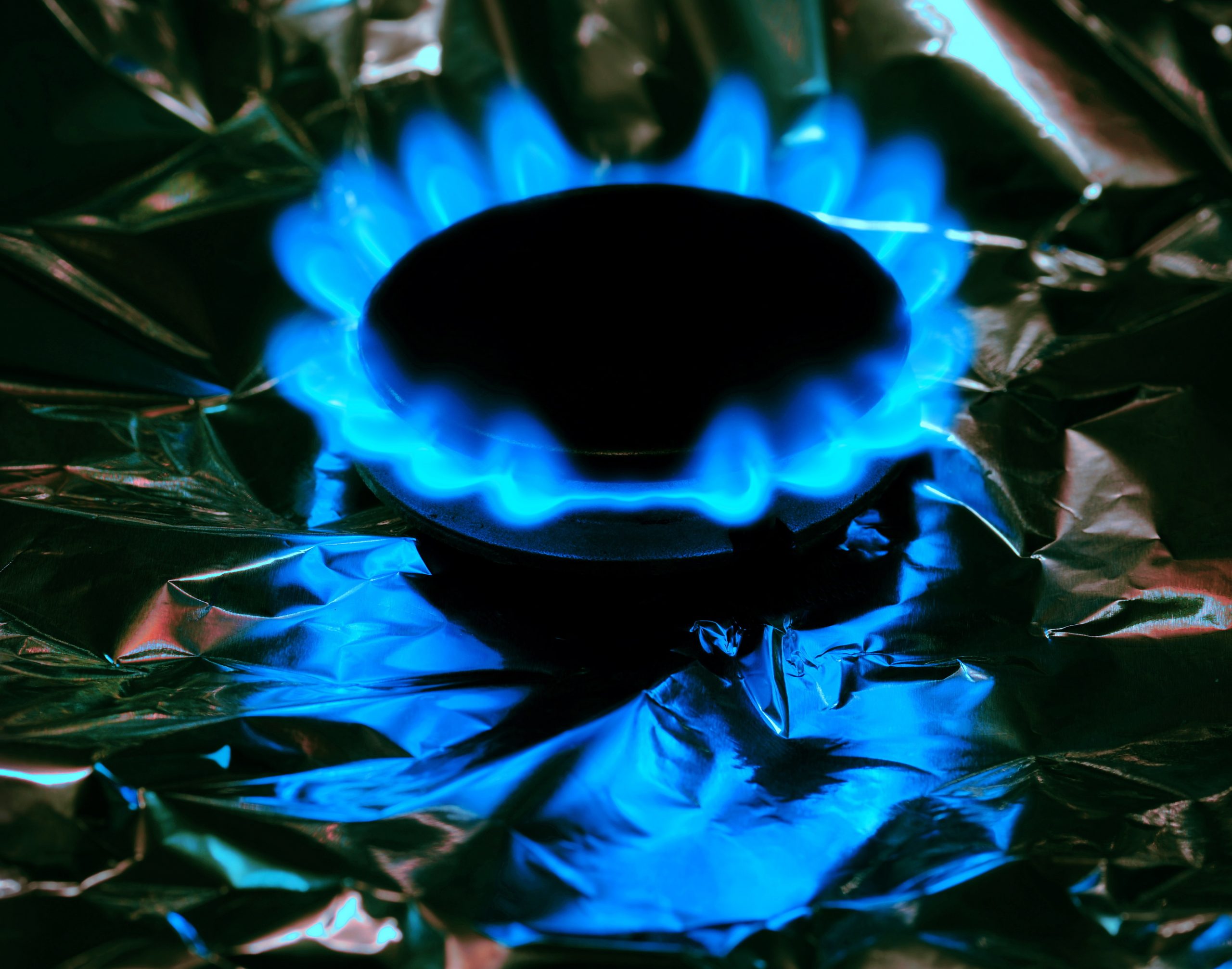
Low, state-regulated energy prices have been a recurring promise and a main campaign message of Viktor Orbán and his party for the past decade now. While utility bills in Europe have been sky high in the past months, Hungarians still only pay a fraction of that. Currently, a Hungarian resident pays EUR 0.17 for one cubic meter of gas. But the same amount on the stock exchange costs eleven times as much: more than EUR 2. The difference is so great that it seems unsustainable in the long term, especially in the light of the recent war between Russia and Ukraine.
“If we were to end energy cooperation with Russia, the energy bills of every Hungarian family would triple in a single month. I, therefore, do not support this action, and I do not want Hungarian families to pay the price of war,” Orbán said in an interview with pro-government weekly Mandiner on March 2nd, six days after Russia launched an invasion on Ukraine.
Related article
PM Orbán: Hungary Must Stick to Utility Price Cuts
"We believe utility prices should be cut and the social situation of families should be protected," Orbán said, adding that Brussels, on the other hand, believed that if utility prices are raised, economies could be forced to transition to greener energy sources.Continue reading
Energy prices and the promise of low utility bills have been the cornerstone of the Prime Minister’s political messages for a decade. Before the landslide victory of Orbán’s Fidesz party in 2010 – based on purchasing power parity – Hungary had the highest electricity and natural gas prices in the European Union. To address the situation, the Orbán administration announced in 2013 that it would, among other things, introduce state-regulated prices in the energy and utility sectors. The price cuts applied to every household customer equally, and did not differentiate between consumers based on their income. The utility cost-reduction program also became an integral part of ruling Fidesz’s 2014 parliamentary election campaign and made a return before the 2018 elections as well. Due to skyrocketing global energy prices at the end of last year, Hungary yet again has the lowest utility costs in the EU, and the issue is once more a defining part of Viktor Orbán’s program in the 2022 election campaign.
Although the Orbán government has consistently campaigned for low utility prices, an analysis by economic portal G7 points out that ever since the introduction of the state-regulated prices up until a year ago, the market price for natural gas has constantly hovered around the domestic residential price, very often even slightly below that.
Due to the coronavirus pandemic, this was the case for a prolonged period of time in 2020 as well. Hungary sold gas to its citizens at a much higher retail price than it was available for on the market. In this way, the state could have received a hefty amount of revenue in the past.
Related article
Low Utility Tariffs May Cost HUF 2,000 Billion in 2022 Budget
The difference between the "reduced" utility tariffs and the expected market prices of utility products this year, multiplied by the expected residential turnover, could amount to up to 5-7% of the total state budget's balance sheet.Continue reading
However, a little over a year ago, energy prices started exceeding the state-regulated amounts and has not dropped below that ever since. According to the calculations of G7, since July, the market price has not dropped below twice that of the Hungarian price. Furthermore, since September it has not fallen below four times the domestic pricing.
In the last six months, the average price of one cubic meter of gas in Europe was 350 forints (EUR 0.9), and now it has doubled due to the war between Russia and Ukraine. A cubic meter of gas, for which Hungarian citizens pay 66 forints (EUR 0.17), currently costs eleven times more – over 800 forints (EUR 2.06) on the stock exchange.
In the meantime, there are growing voices in the EU calling for energy sanctions against Russia on top of those already introduced. Moreover, the current war is likely to bring about a shift in the energy policy of Europe, where countries of the continent are trying to minimize (even more so) the dependence on Russian energy imports. This in turn will mean continued gas shortages and therefore high prices for years to come, even after the war ends.
All this has occurred shortly after Hungary signed a 15-year gas purchase agreement with Russia’s Gazprom to “ensure the country’s long-term energy security.” It is yet unknown how flexible the agreed prices are, considering the drastic change in the market. If they are flexible, then the current low household utility prices are not sustainable in the long run, except in case the government uses taxpayers’ money to keep the fees low, while indirectly these are still the people who are paying much more for energy, but through the state.
Featured photo illustration via Pixabay


